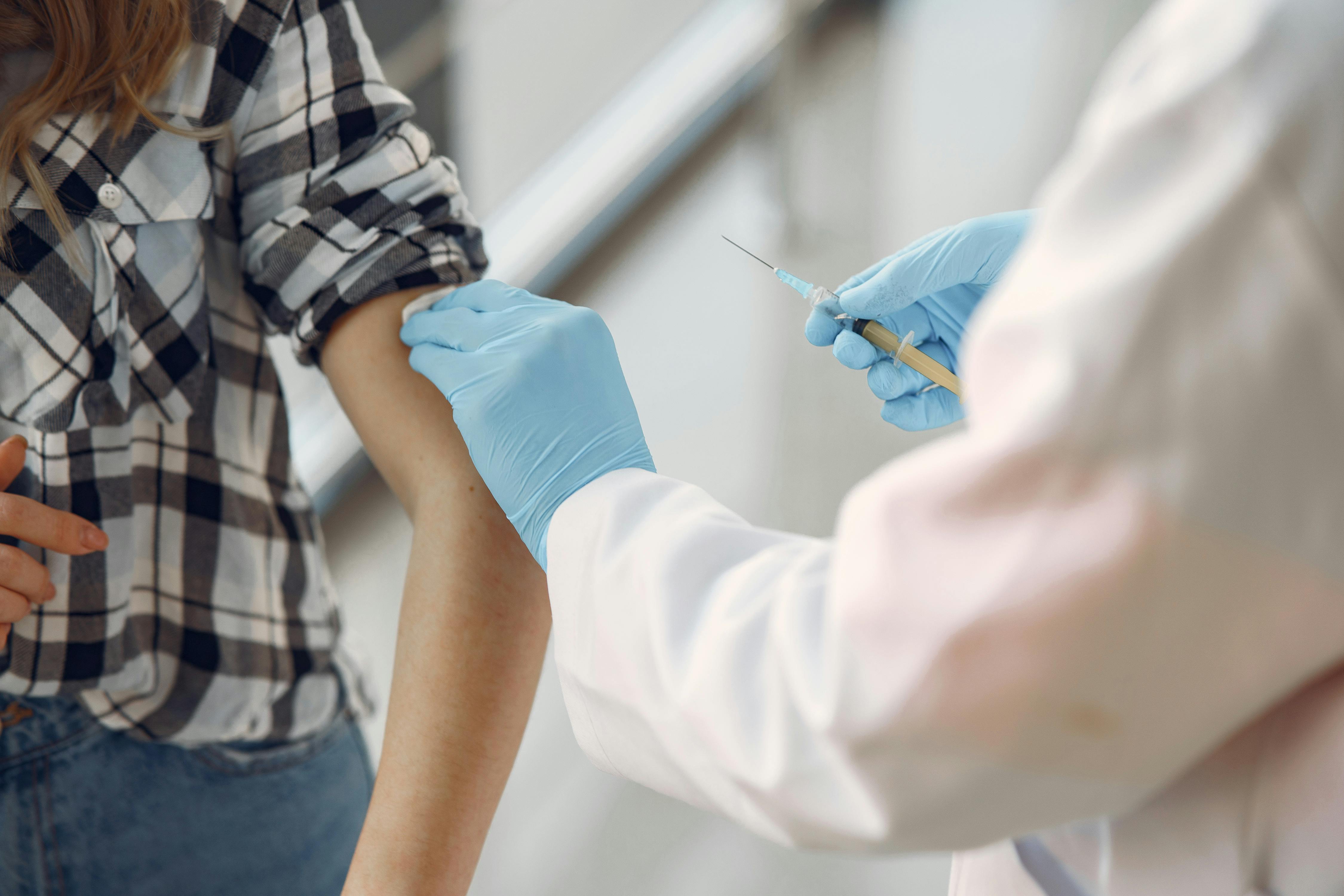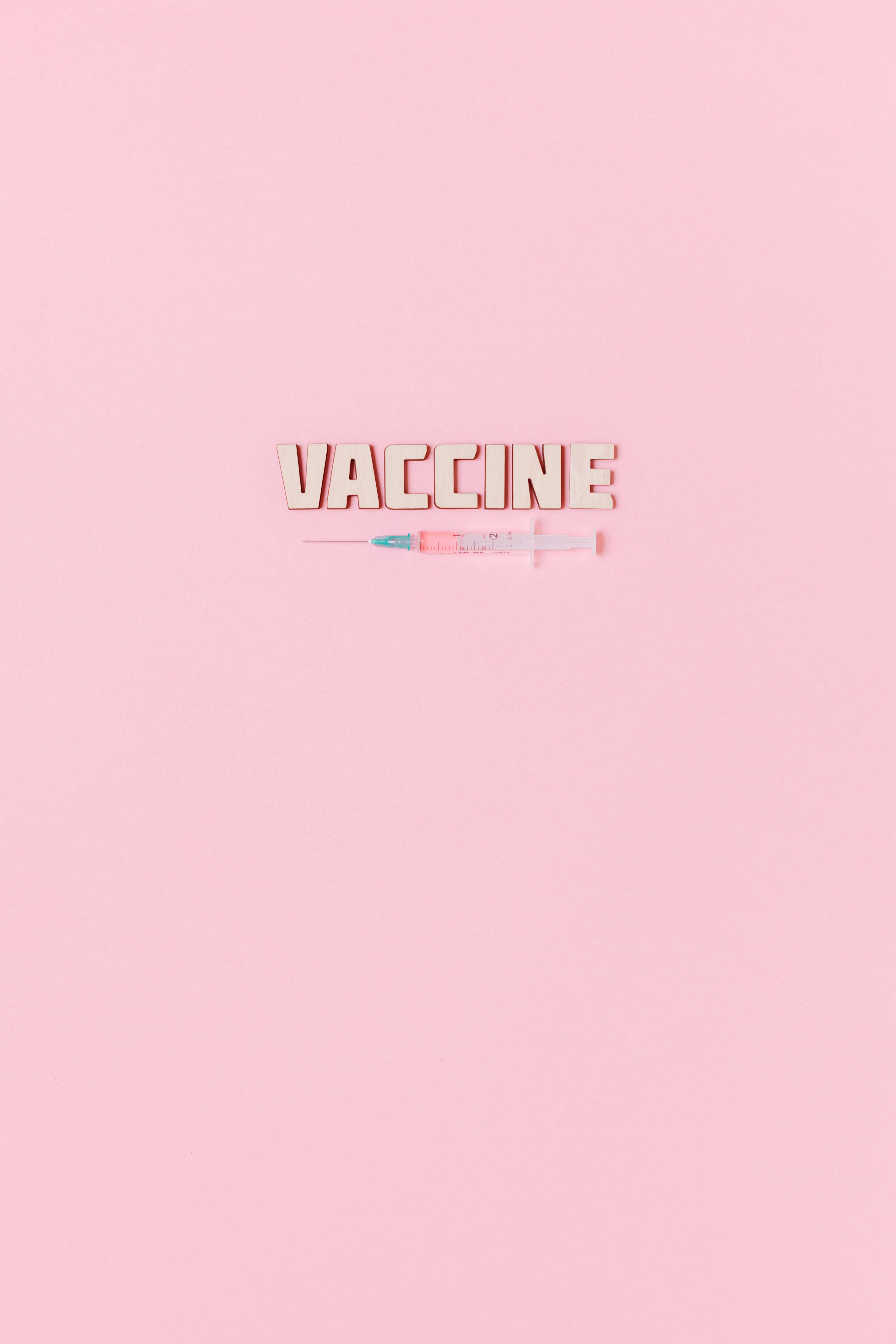Addressing disparities in this population could mean helping many more females get this life-saving vaccine.
Human papillomavirus (HPV) is a common sexually transmitted viral infection linked to various cancers, including cervical cancer, which can be particularly deadly. The infection affects the skin and mucous membranes, with over 200 known types. HPV is the most common sexually transmitted infection worldwide, affecting millions of people. According to the Centers for Disease Control and Prevention (CDC), approximately 79 million Americans are currently infected with HPV, and about 14 million new cases occur each year in the United States alone. Nearly 80% of sexually active individuals will contract HPV at some point in their lives, making vaccination and regular screening essential for prevention and early detection. Getting the HPV vaccine is the most effective way to prevent disease transmission and the deadly cancers that can result. Public health programs promoting this life-saving option have been specifically targeting women and preteens even before sexual activity begins. Despite its proven benefits, however, studies have shown that disparities in vaccination coverage exist, particularly among girls with mental health conditions or neurodevelopmental disorders.
A recent study conducted by researchers at Karolinska Institute in Sweden, published in The Lancet Public Health, draws attention to these disparities, analyzing data from over 115,000 girls involved in a Swedish school-based HPV vaccine program. The findings revealed that girls with psychiatric diagnoses or those who were taking psychotropic medications were less likely to receive the HPV vaccine compared to their peers without these factors. This trend was especially pronounced among girls with autism or intellectual disabilities who also had significantly lower vaccination coverage.

The same study found that girls with psychiatric diagnoses had an 11% lower coverage for the first dose of the HPV vaccine compared to their peers, and for girls with autism or intellectual disabilities, that went up to 20%. The use of psychotropic medications (such as antidepressants and SSRIs) also influenced vaccination rates. Girls taking these medications had a 7% lower coverage, with the most significant drop observed among those on antipsychotic medications, where the coverage was 32% lower than in girls not on these drugs.
One of the study’s key findings was that while girls with mental health conditions were less likely to receive the first dose of the life-saving vaccine, those who did receive it were just as likely as their peers to complete the vaccination series by getting the second dose. This suggests that the primary barrier lies in initiating the vaccination process rather than completing it. Therefore, efforts to increase vaccination rates should focus on ensuring that these girls receive the first dose.
There are many reasons behind why these disparities exist. Mental health conditions and neurodevelopmental disorders can lead to various challenges, such as difficulties in accessing healthcare and proper insurance coverage, less accessible information guiding individuals to protect their health, and increased caregiver reliance. Additionally, there may be stigma associated with both mental illness and vaccinations, in general.
Because of this, addressing the issue will also take a multi-pronged approach. First, providers and school health providers must be made aware of the lower vaccine rates among girls with mental health conditions and work to provide education surrounding the benefits of it. Logistical or psychological barriers that may prevent these girls from getting vaccinated should also be addressed. With more awareness and stronger supports, particularly within the healthcare system, the number of females receiving this life-saving vaccine could increase drastically.
Sources:
Girls with mental illness less likely to receive HPV vaccination


Join the conversation!